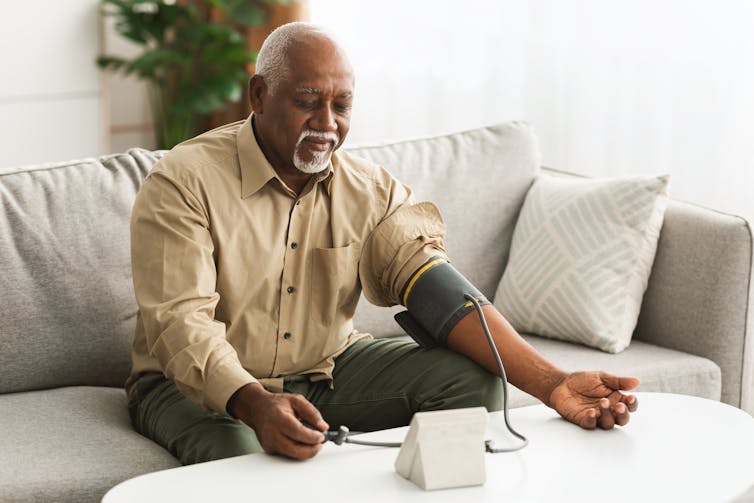A new study sheds light on the critical role of patient education in managing cardiovascular diseases. Researchers examined the information needs of over 1,600 heart patients from diverse regions, revealing significant insights into the challenges faced by individuals dealing with heart-related issues.
Cardiovascular diseases continue to impact millions of people worldwide. Patients who have lived through a cardiac event (such as a heart attack) often find themselves navigating a complex maze of symptoms, medications and lifestyle adjustments. Understanding the pivotal role of patient education in this journey, our international team of researchers sought to identify the specific information needs of heart patients globally.
Our study used a validated scale, the Information Needs in Cardiac Rehabilitation (INCR-S), to assess cardiac/heart patients’ top information needs. Administered across various countries spanning all six World Health Organization regions and encompassing different income classes, the scale provided a comprehensive view of patients’ information requirements.
Diverse needs of heart patients
Our findings showed that patients have a strong desire for information on a wide range of health topics. They want to understand cardiac events, adopt heart-healthy diets, manage medications, recognize symptoms, control risk factors and engage in cardiac rehabilitation programs. This highlights the need for comprehensive patient education to meet the diverse needs of heart patients.

Studies consistently show that education in cardiac rehabilitation is associated with significant benefits. These include patients’ better understanding of their condition, improved medication adherence, management of risk factors and reduced rates of hospital readmission and mortality.
By addressing these informational needs comprehensively, patients can make more informed decisions about their health and improve their overall well-being.
Our study also illuminated significant variations across regions and income levels in information needs and knowledge sufficiency (whether or not they perceive they already know enough about each topic).
While patients in higher-income countries tended to report greater knowledge sufficiency, those in lower-middle income countries articulated a pressing need for more information, particularly concerning medication management, symptom response and exercise benefits. These disparities underscore the importance of tailoring educational interventions to diverse populations’ specific contexts and needs.
The role of cardiac rehabilitation programs

Crucially, the study underscored the vital role of cardiac rehabilitation programs in addressing patients’ information needs. These programs provide structured education and support, empowering patients to effectively understand and manage their conditions, leading to improved health outcomes such as enhanced disease knowledge, adoption of heart-healthy behaviours, increased functional capacity and better quality of life.
Read more: Cardiac rehab is a proven but underused therapy in women, but tailored resources aim to change that
However, our research also identified challenges in delivering comprehensive education through these programs, highlighting the ongoing necessity to improve patient education. The availability of evidence-based resources, such as those provided by the Cardiac College, freely available and in multiple languages, plays a crucial role in bridging the gap in patient education.
These resources ensure that patients have access to accurate information and support in their preferred language, further empowering them to take control of their health and well-being.
As health-care providers grapple with the challenges posed by cardiovascular diseases, this study’s findings offer valuable insights for informing educational strategies and interventions. Prioritizing patient education and addressing the diverse information needs of heart patients can significantly improve outcomes and enhance the quality of care for individuals living with cardiovascular diseases.

